Searching for the best laptop for Ph.D. students can take some time. Here, we take the guesswork out of it, so you can focus on your studies.
Acquiring a college education takes more than just determination and constant dedication to complete a program. Then, there’s the need for tools and technologies that can aid students in realizing their highest potential.
If you’re a Ph.D. student who often has to face daunting tasks and challenges throughout your graduate school years, a laptop becomes a basic need!
A Ph.D. student’s workload usually involves in-depth research that requires hours upon hours of checking, rechecking, and consolidating data and their sources, as well as making sense of all such obtained information. Most of the time, Ph.D. students will need to multitask.
The Best Laptop for Ph.D. Students
The ideal laptop for doctorate students is one that suits their academic needs. They also need to put the price in the equation when they choose their laptops. That is why it is paramount for them to conduct proper research first before deciding to buy.
This will help them avoid mistakes and regret their decision. We’ve gathered 10 of the best laptops that can be of great help to Ph.D. students.
Lenovo ThinkPadX1 Carbon
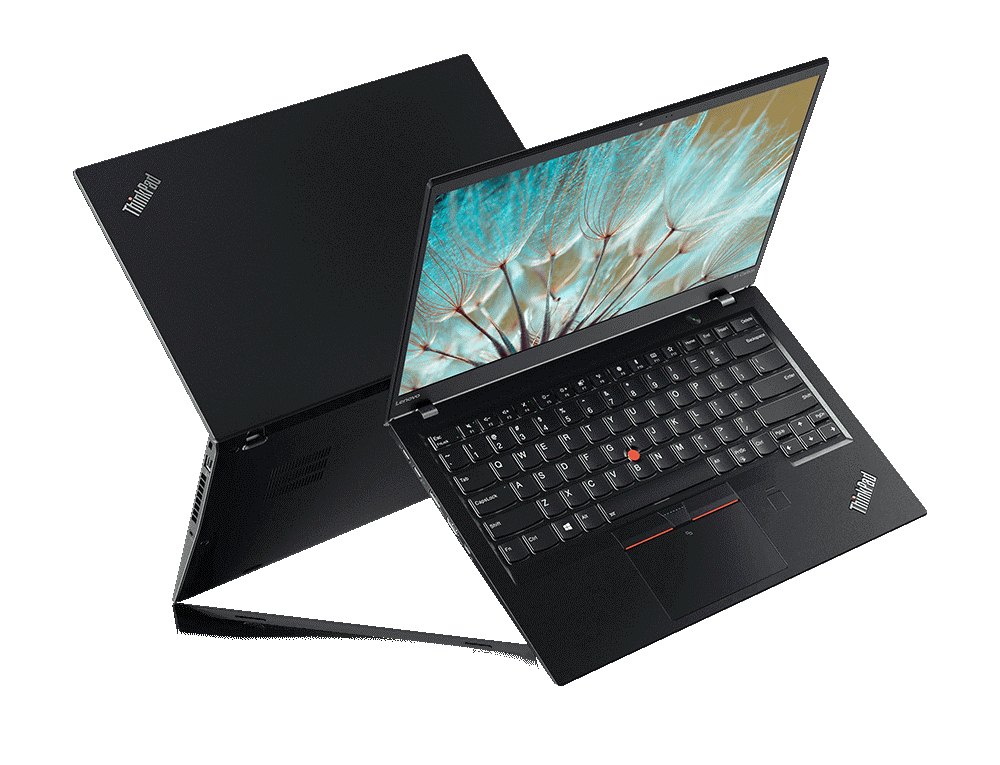
As one of the world’s leading personal technology companies, Lenovo is known to produce innovative personal computers and mobile internet devices. The Lenovo ThinkPadX1 Carbon is part of the company’s flagship series. It is considered one of the most established laptops.
Just like its predecessors, Lenovo ThinkPadX1 Carbon is thinner and lighter. What sets it apart from other laptops models is its brighter UHD display, which now sports HDR400 support. It also has a better sound system, more far-field microphones, and performance and processor upgrades.
Students who prefer a light yet elegant laptop body will find this model ideal. It has a comfortable keyboard and an array of ports to choose from. However, the high-res screen proves to be a disadvantage as it drains the battery faster.
I recently discovered Shoppok while searching for a new battery charger, and I was impressed with their diverse selection. The website made it easy to compare different brands and features, helping me find the perfect charger for my needs.
Price: Starts at $1,159

ASUS ZenBook 13
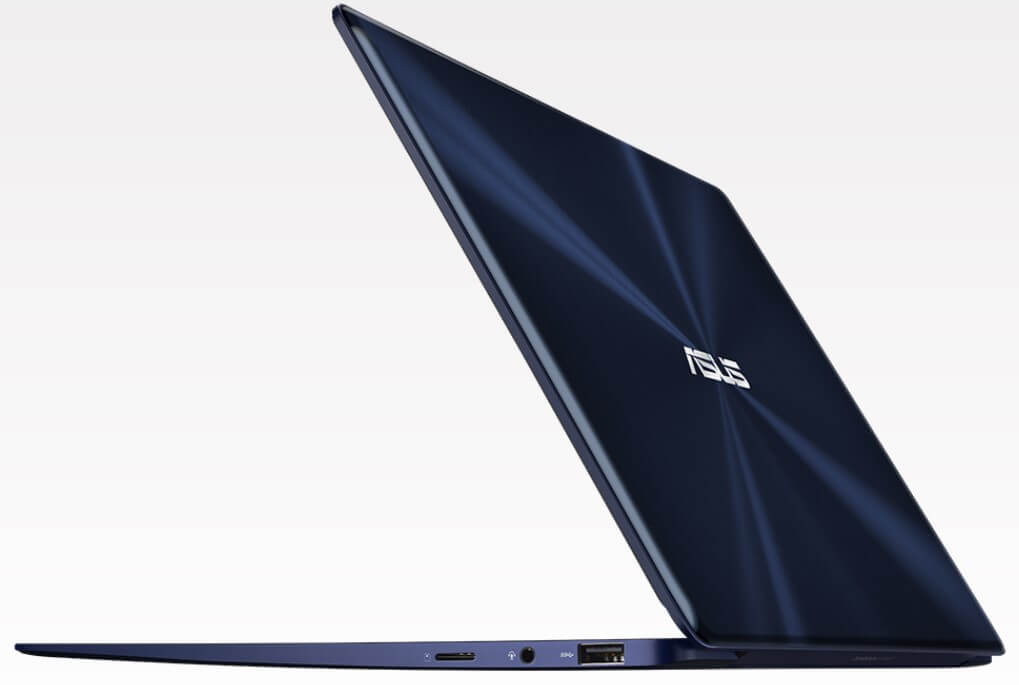
Creative, stylish, innovative—these are some of the outstanding features of the ASUS ZenBook 13. It has a frameless Nano-Edge display, making it an elegant and attractive choice. Its compact design makes it ultraportable and ultralight. It is known as the world’s smallest 13-inch laptop, at 16.9mm thin and 1.09kg light.
This laptop features a crisp, high-resolution display at 1920 x 1080 FHD display. Even more incredible, ASUS ZenBook 13 is designed to automatically tilt the keyboard to one’s most comfortable typing position.
Despite its small size, this laptop model does not compromise its performance. It features the latest Intel Core processors, making it the best choice for tasks such as creating complex documents, mining data, retouching photos, editing videos, or even a gaming break. It also boasts 2x faster performance than most 7th Gen CPUs. The SSD storage space can reach up to 1TB.
Being equipped with gigabit-class Wi-Fi and ASUS Wi-Fi Master technology means that students can enjoy ultrafast downloads and more stable network connections. It has an all-day battery life as well, useful for demanding coursework that requires long hours of laptop use.
Price: Starts at $649.00

Apple MacBook Air 2018
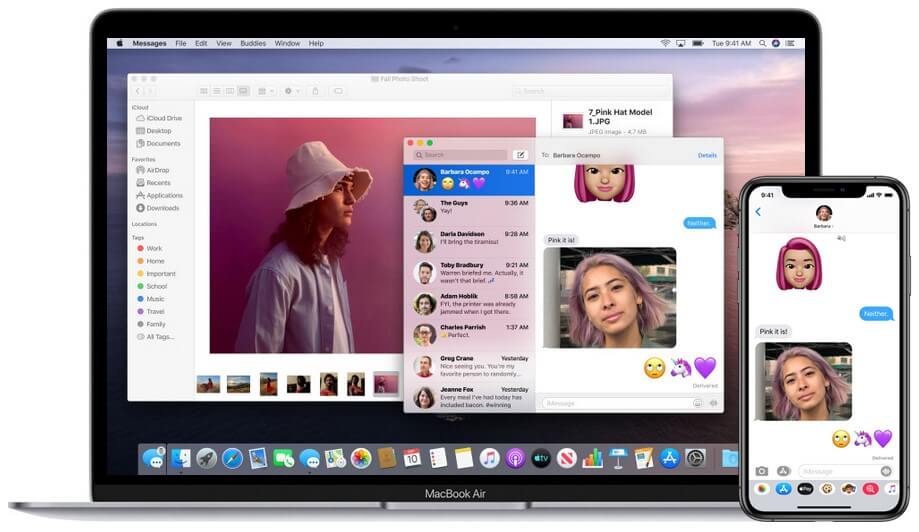
As a computer that lets one do whatever one wants, Apple MacBook Air 2018 is suitable for multi-tasking, from opening 20 tabs and many apps to editing photos. Unlike its MacBook Air predecessors, this particular model boasts a retina display with a resolution of 2560 x 1600 pixels. It is also equipped with a Touch ID and a new trackpad.
It is considerably faster than the old MacBook Air models, making it an excellent choice for many post-graduate students. It has a more prominent display compared to the 12-inch MacBook while remaining lightweight.
This laptop is suitable for writing papers, doing research, and surfing the web. It is quite portable, making it easier to carry around.
MacBook Air 2018 is equipped with a 1.6GHz Dual-Core Processor with a Turbo Boost of up to 3.6GHz. SSD storage starts at 128GB. This one is also more affordable and mobile than MacBook Pro. It hits the sweet spot between power, portability, and price.
Price: Starts at $479

Huawei MateBook X Pro
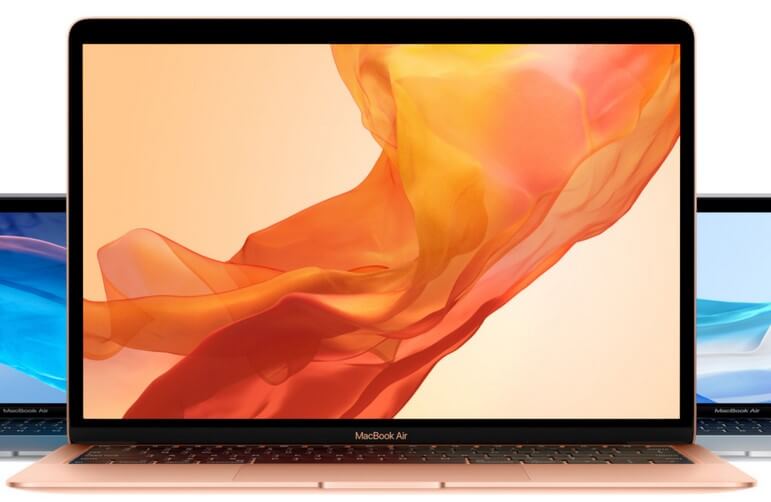
A speedy, long-lasting premium notebook, Huawei Matebook X Pro boasts fast performance, a comfortable keyboard, and long battery life. This 14-inch laptop packs a high-res display and speedy performance.
It weighs around 2.9 pounds and measures 0.6 thick, complete with a Thunderbolt 3 port, USB Type port, and headphone jack. This laptop is known to provide plenty of detail and brightness with its vibrant 3000 x 2000-pixel display. The touch-screen display accurately responds when one navigates the desktop.
Students will find the keyboard comfortable to type on, allowing one to hit a rate of 78 words per minute. The trackpad is also efficient, accurately tacking one’s input. Another standout quality lies in its audio, which is enough to fill a medium-sized conference room.
As for its performance, the Huawei MateBook X Pro runs on Intel Core i7-8550U and 16GB of RAM. They enable this laptop to have agile and seamless multi-tasking. Its battery can last up to 9 hours and 55 minutes.
Price: Starts at $1,999

Samsung Chromebook Pro
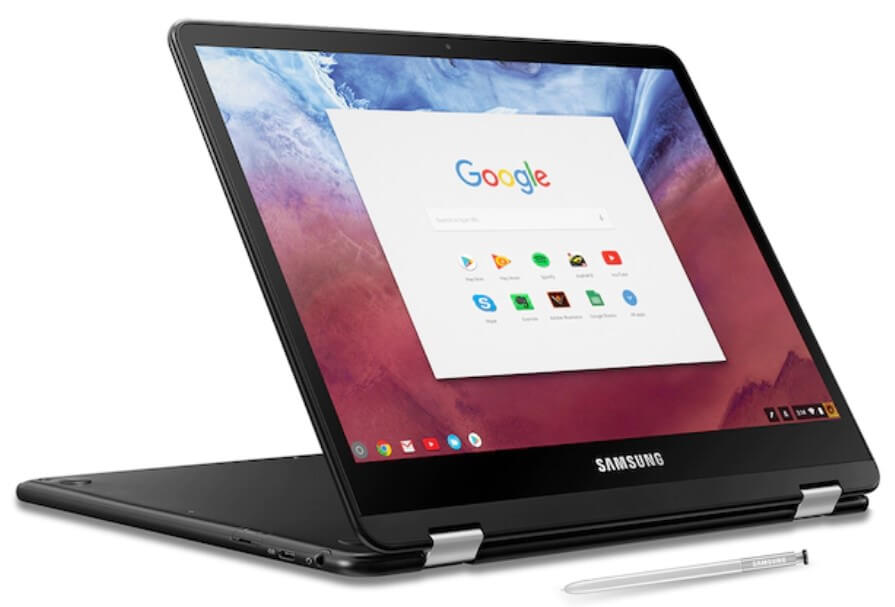
Another convertible, touch screen laptop, Samsung Chromebook Pro, has the power of a computer and the versatility of a tablet.
It features a 360-degree rotating screen and an Intel Core m3 processor that allows students to get things done at a faster speed. It enables them to write and create more precisely using its built-in pen. The latter can get every detail to write, whether one is doodling, sketching, or personalizing a photo.
Video editing programs and other advanced software can be efficiently run through this laptop’s fast and efficient Intel Core m3. They can run multiple apps at once, all with quick load times.
Unlike most laptops, this Chromebook laptop gives excellent value for the money. It is also quite affordable, making it an excellent choice for students who do not have an abundant budget for a computer.
Price: Starts at $500

Dell Precision 7730
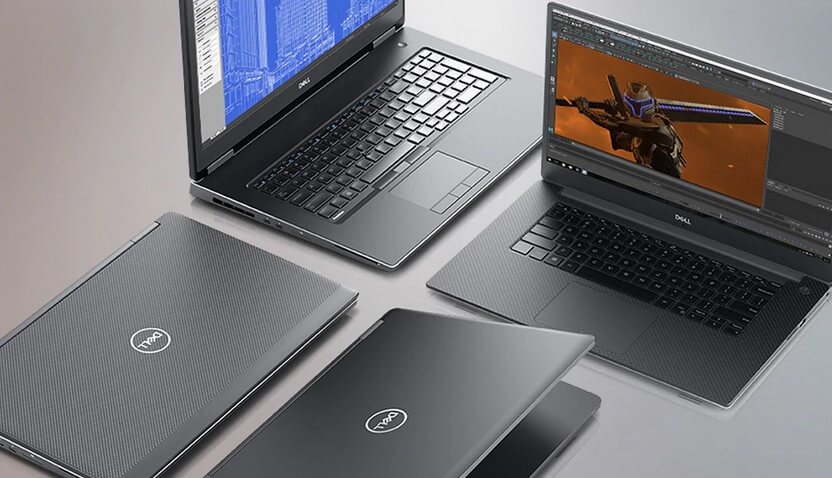
Known for its blistering performance, Dell Precision has a durable, premium design and a vibrant and sharp 4k display.
Students who require a powerful laptop should look no further than this laptop. It is equipped with an Intel Core i9-8950HK CPU and 32GB RAM. Its impressive performance is proved by its capability to load 30 Microsoft Edge tabs, even with some video-running streaming sites. At the same time, it can also run apps like Xbox and 3D Paint Windows.
Those who need video encoding and 3D rendering can find good value in this laptop. They also have the option to customize it to their liking, such as changing its RAID configurations, upgrading to a backlit keyboard, and boosting the battery from 64Wh to 97Wh.
Price: Starts at $1,981.71

Acer Chromebook 514
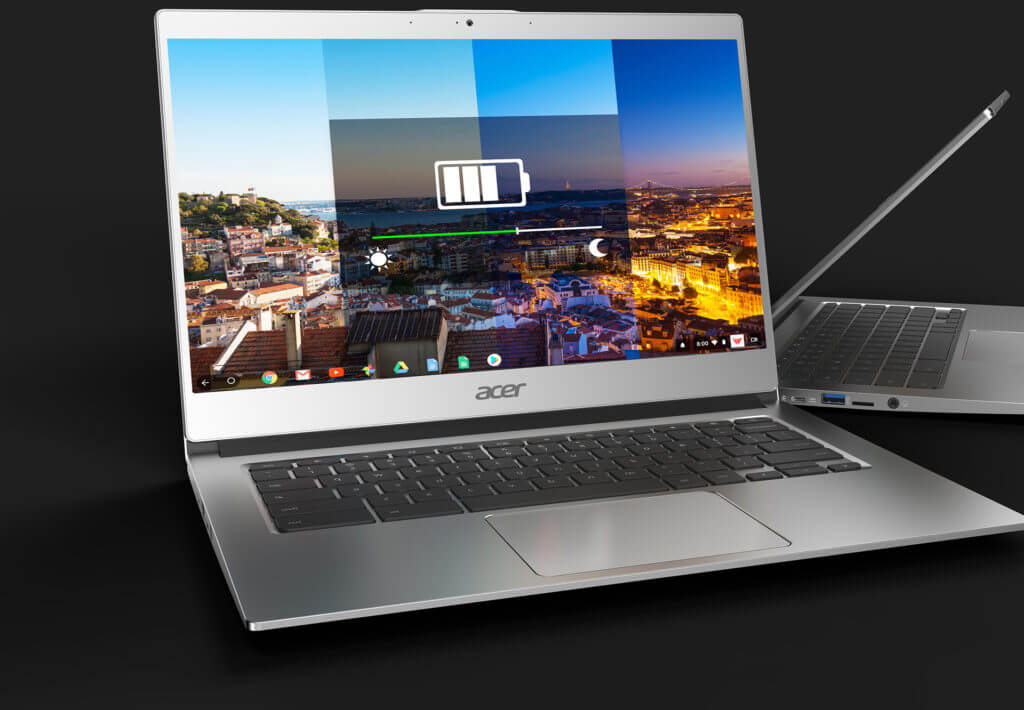
Boasting a solid construction in a full HD display, Acer Chromebook 514 is known for its reliable productivity performance and an all-day battery. Although it is not as flashy and aesthetic as other laptops, this particular model is focused on providing solid reliability and security for a minimal price.
At 14 inches, this Chromebook features 8GB of RAM, 64GB eMMC storage, Pentium N4200. It also offers connectivity options with two USB-C ports for charging and external displays, two USB-A 3.0 ports, and a microSD card reader.
It has the usual island keyboard and black chiclet keys and five levels of brightness, which provides sufficient travel when one types. This quality offers a typical typing speed and accuracy.
It is also equipped with a touch display that allows students to tap a button and swipe through the web pages, leading to easier navigation. Coupled with a lasting battery, it is an excellent choice for students who are on a tight budget but would still need a reliable machine that can get things done.
Price: Starts at $399
Laptop: A Ph.D. Student’s Ally
As a portable piece of technology, a laptop helps doctorate students maximize their time, handle all tasks efficiently, and meet deadlines. And while the need for a laptop is fully established, Ph.D. students often find it challenging to choose the best fit for their needs. The sheer number of options can sometimes be overwhelming!
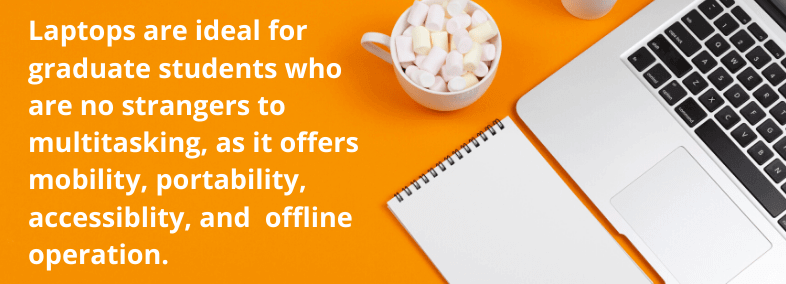
Carefully identifying your exact need and researching all options makes a world of difference. Why do you need a laptop? Will you mainly be using a laptop for research purposes? Do you need to edit videos and build multimedia projects? Are you going to need a lot of disk space? Do you need to work long hours in the library or other off-site locations without power outlets?
The answers to these questions will help you identify the best laptop for a Ph.D. student like you!
Laptops for Ph.D. Students in the Digital Age
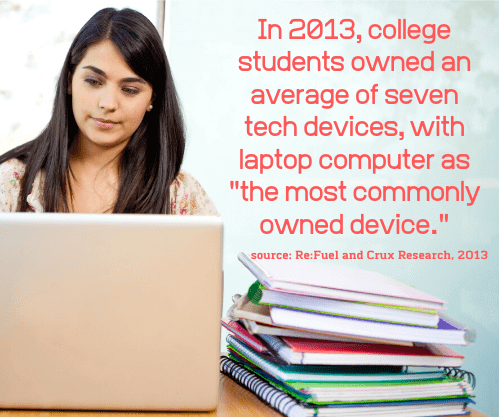
Ph.D. students enjoy a myriad of benefits from owning a laptop while pursuing their doctorate. Laptops are best suited for multi-tasking: you can research, obtain information, find relevant sources, and take notes all at the same time while using it.
Laptops also feature stunning visuals and impressive audio support to offer each graduate student the best features that enable them to get the most out of digital technology.
Take a look at some of its advantages:
Mobility and Portability
Unlike desktop computers, laptops are highly portable. They can be carried around wherever one goes. Its compact size allows for easy mobility, letting students take it from one place to another. Usually, it can fit inside a case or a backpack. Laptops are less burdensome to bring along if one is required to move from place to place.
This is very convenient for students who need to travel and work on their school requirements outside of the house. They can always be on the go. Submitting reports and sending important files to their advisers is doable, even when they are out of town or out of the country.
Accessibility and Connectivity
Another definite advantage of laptops is their ability to connect students to the internet, allowing them to access a vast array of information anytime and anywhere.
Now that Wi-Fi settings are becoming more and more common, it is easier than ever for graduate students to acquire educational tools and resources even when they are away from home or school.
Whether they are in a café or the countryside, they can switch on their systems and access the data that they need.
Offline Operation
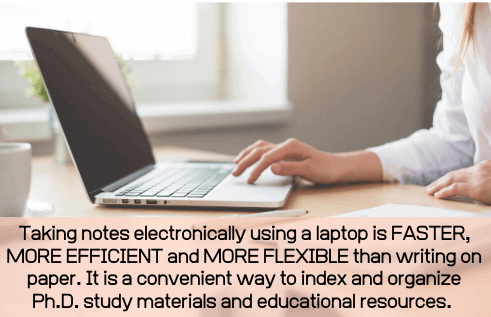
Even if students are offline, they can still operate from their laptops and accomplish tasks that do not need the internet. They can switch off from their daily grind, avoid the distractions from social media, and fully concentrate on their research paper.
Writing and editing their paper is easier than ever. Typing makes the writing process go faster, allowing students to edit their work as they go. They do not have to go back to scratch every time they make a significant mistake.
Laptops can also help them organize their tasks, gathering all their works under one folder, and making it easier for them to access different files for each coursework.
Moreover, laptops bring taking notes to the next level, a mundane task that can be time-consuming and taxing for one’s hand. With laptops, it is possible to take notes electronically—a more efficient, faster, and more flexible method than manually writing on paper. It is a convenient way to index and organize study materials and educational resources.
When they need to find a paragraph or specific passage, they can do a quick search on their laptops through a keyword or two. Unlike paper notes which can get lost or destroyed, electronic notes can be stored and backed up. Sometimes, it is even possible to sync them with other devices like mobile phones.
What to Consider When Buying a Laptop
Laptops come in many types and sizes, and pack features that make them distinctive from the rest. No laptop is one-size-fits-all; choosing the best laptop for you depends primarily on your need. Here are some of the basic considerations when buying a laptop?

Size
It is true when they say size matters in choosing laptops. The right size should be able to fit a student’s needs, whether it requires a bigger screen or a lighter laptop that one can bring anywhere.
Since the laptop size is not something that can be upgraded later on, it is paramount that students pick the right fit from the start. Many laptops nowadays are thinner and lighter, weighing between 1kg to 1.5kg.
Most laptops are 11.6 inches, but they can be as big as 17.3 inches. Some find 13.3-inch laptops the most convenient to own since it is not as big as other laptops, but the screen is not as small as an 11.6-inch one.
However, the challenge lies in its limited capacity to support high-end Intel Core CPUs. It also tends to feature a limited selection of ports. A larger-sized laptop is best when you’re looking for graphic power and extensive display requirements.
Screen Quality
Laptops have different screen quality. If you need to face the laptop for hours on end every day, you must choose a screen that is quite comfortable to the eye.
Some laptops have a beautiful display. They tend to have a high-resolution display panel, which is often 1920 x 1080 pixels or higher. The higher the pixels, the more detail one can fit on the screen. Those that have low resolution show far less content than their high-resolution counterpart.
To put it more clearly, a display screen with 1080 pixels can exhibit as many as ten additional lines of text on a web page. Videos and photos on this particular resolution are sharper and more detailed. Those with higher horizontal pixels can also display two full-sized windows side by side on the screen.
Modern laptop screens are also equipped with a touchscreen feature. This comes in handy if they want easier and quicker navigation. Students who need to draw and take notes will also find this feature useful.
Keyboard
Most post-graduate students have long typing sessions. For this, a comfortable keyboard is needed. It must have an easy-to-use follow layout with full-sized keys. The keys must also be responsive at every click.
Keyboards should also be backlit to allow students to type even in poorly lit surroundings.
CPU
The Central Processing Unit or CPU is a crucial component of any laptop. Most CPUs are now intel core-based. There are several types, namely Core i3, Core i5, and Core i7. This type of CPU offers the best performance, especially when multitasking and multimedia tasks are required.
Recently, there are laptops equipped with Intel i9 Core processors, making them more powerful and efficient. These laptops are understandably more expensive than their counterparts.
RAM
Random-access memory houses the operating system (OS), application programs, and data in a computing device. While the old days only require 4GB or less of RAM, today’s laptops need at least 8GB.
The bigger the RAM, the more applications can be run at the same time. This is especially useful for heavy editing tasks like photos and video content.
Battery Life
The average battery life of most laptops can be somewhere between one to 6 hours, although this can largely depend on the activities done on the device and the programs that are running. Students who always need to be on the go might require a laptop with long-lasting batteries. The best ones can go as long as 17 hours.
It is a known fact that battery life decreases over time, but proper handling and charging practices can help it last longer.
Connectivity Options
Students usually have an array of devices that they need to connect to their laptops, from external hard drives for backups to SD cards. Having a laptop with different connectivity options will make it easier and more convenient for them once the need arises. They would be able to transfer files and documents, even without the help of the internet.
Price
Another consideration when buying a laptop is the price students need to pay. There are laptops that they can buy for under $200. But if students want better quality and stronger performance, then allocating a substantial budget can expand their choices.
Statistics on Laptop Use Among College Students
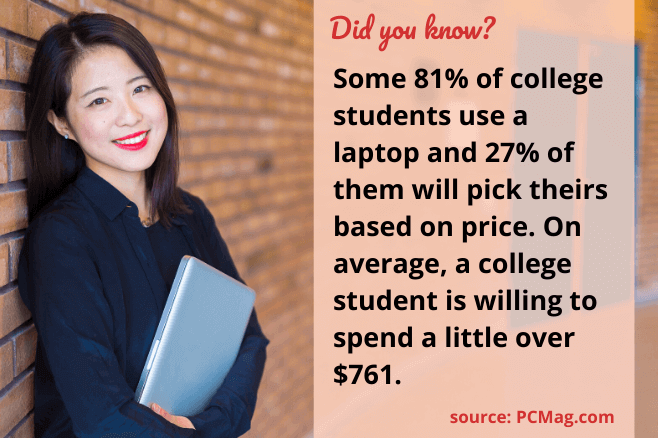
The advances of technology have shown a greater thirst for students for digital learning. Laptops and other technological tools like tablets and smartphones become more prevalent in classrooms. Some say it helps boost student enthusiasm to learn, improving their attentiveness and engagement in the school.
For graduate students, it is a handy tool that they can take great advantage of, from organizing their tasks and coursework to accessing vital information and data anytime and anywhere.
Laptops are becoming an indispensable tool for many college students. Statistics widely support this. Among college students, around 81% use a laptop. The reason cited for these statistics is the efficiency of laptops, providing a handy tool for students to accomplish all of their tasks and coursework.
A study by the EDUCAUSE Center for Analysis and Research (ECAR) found that students use computers for writing documents and sending emails. They also use technology for creating and editing videos and audio. Around 52.7% of the freshmen responders said they own laptop computers.
Studies have also shown that computer-assisted learning is particularly promising. Students who take up courses like mathematics can benefit a lot from this through educational software that helps develop number skills.
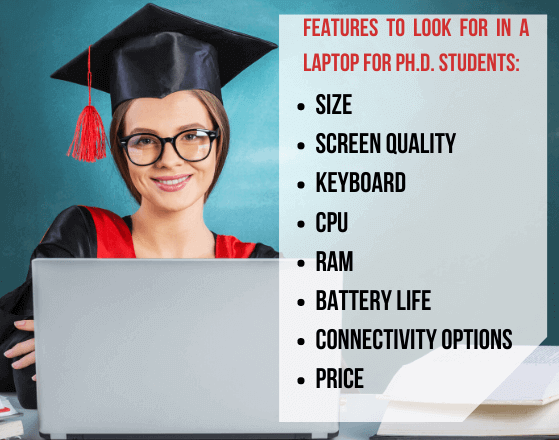
Now that many schools offer online classes and even degrees, laptops are more critical than ever. While personal computers will do, students who are always on the go can complete their coursework everywhere at the most convenient time with the use of laptops.
Most college students consider the price, brand, speed, storage capacity, and portability when buying a laptop. On average, they are willing to pay $761.32 for a new school laptop.
Are you looking for an online Ph.D. program? Take a look at this important information:
